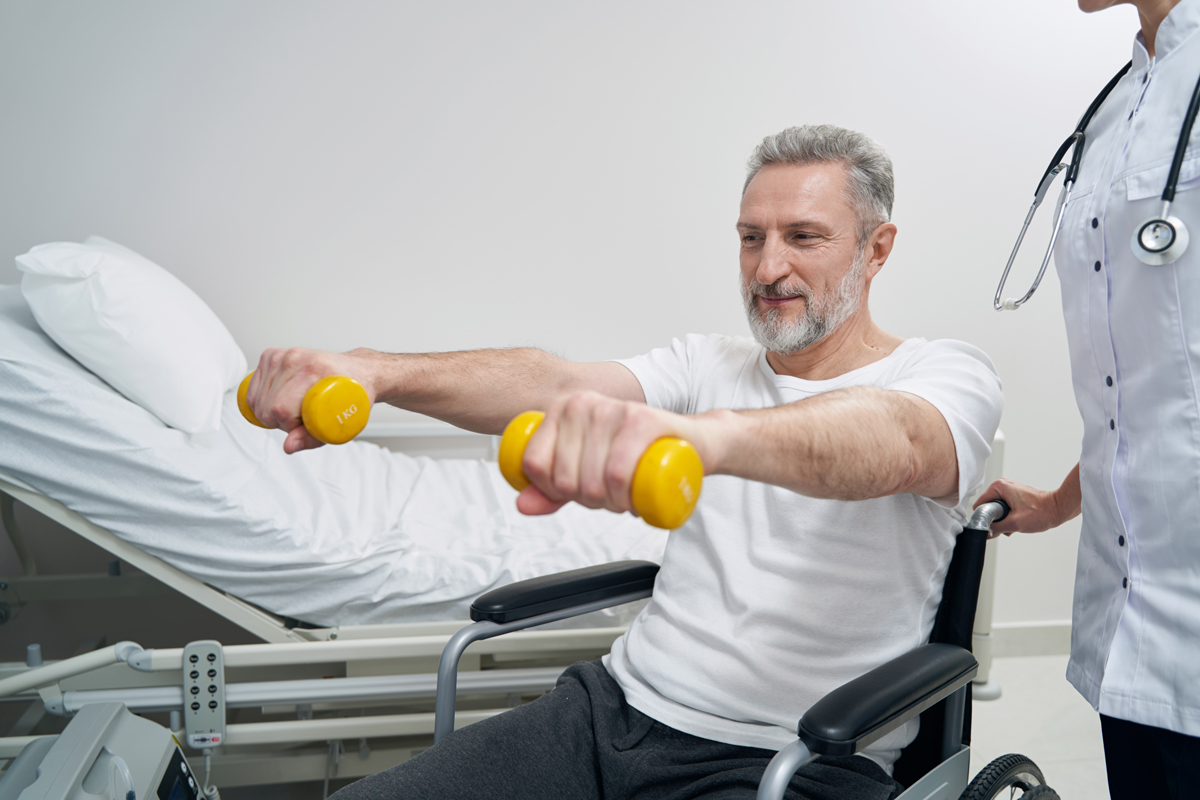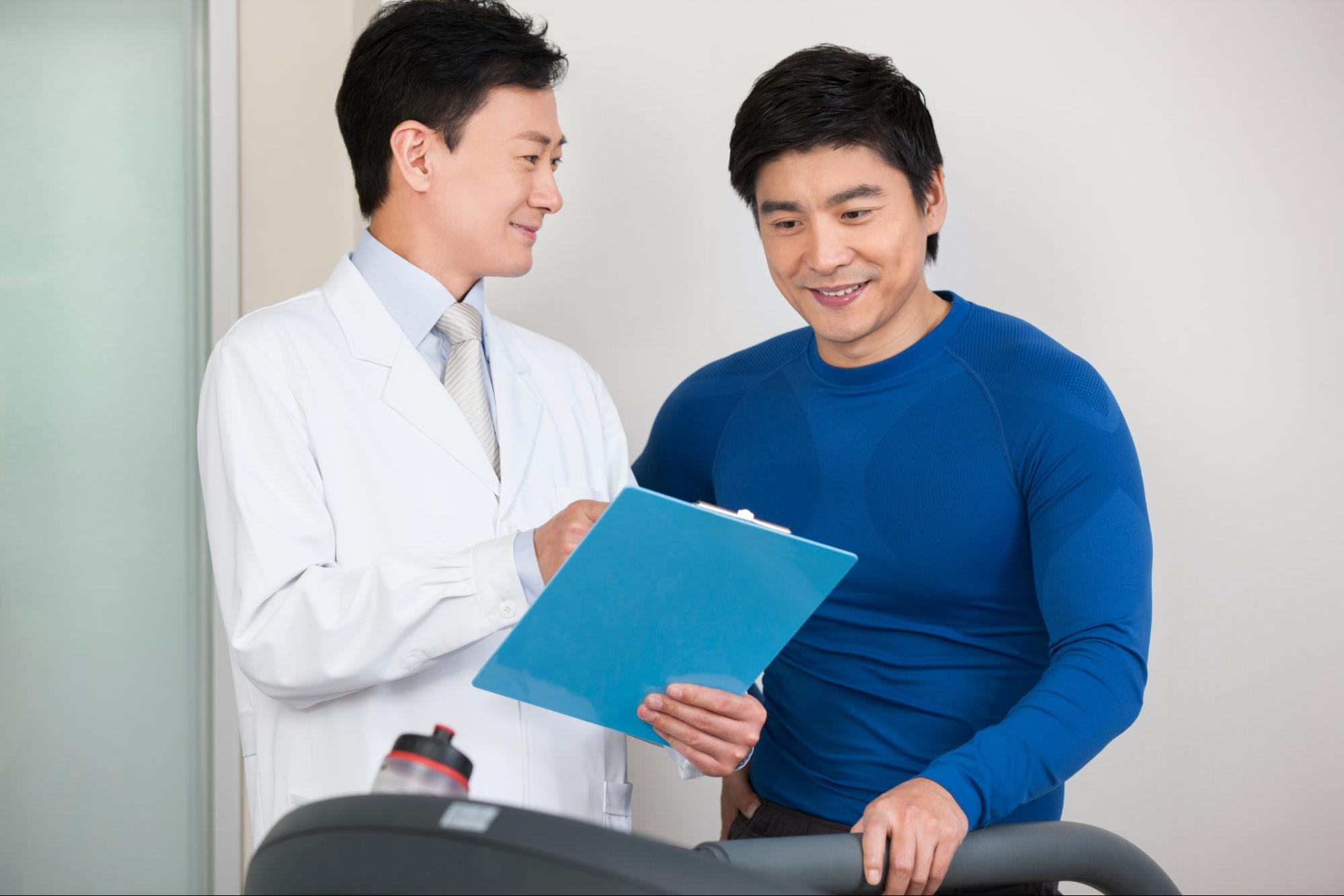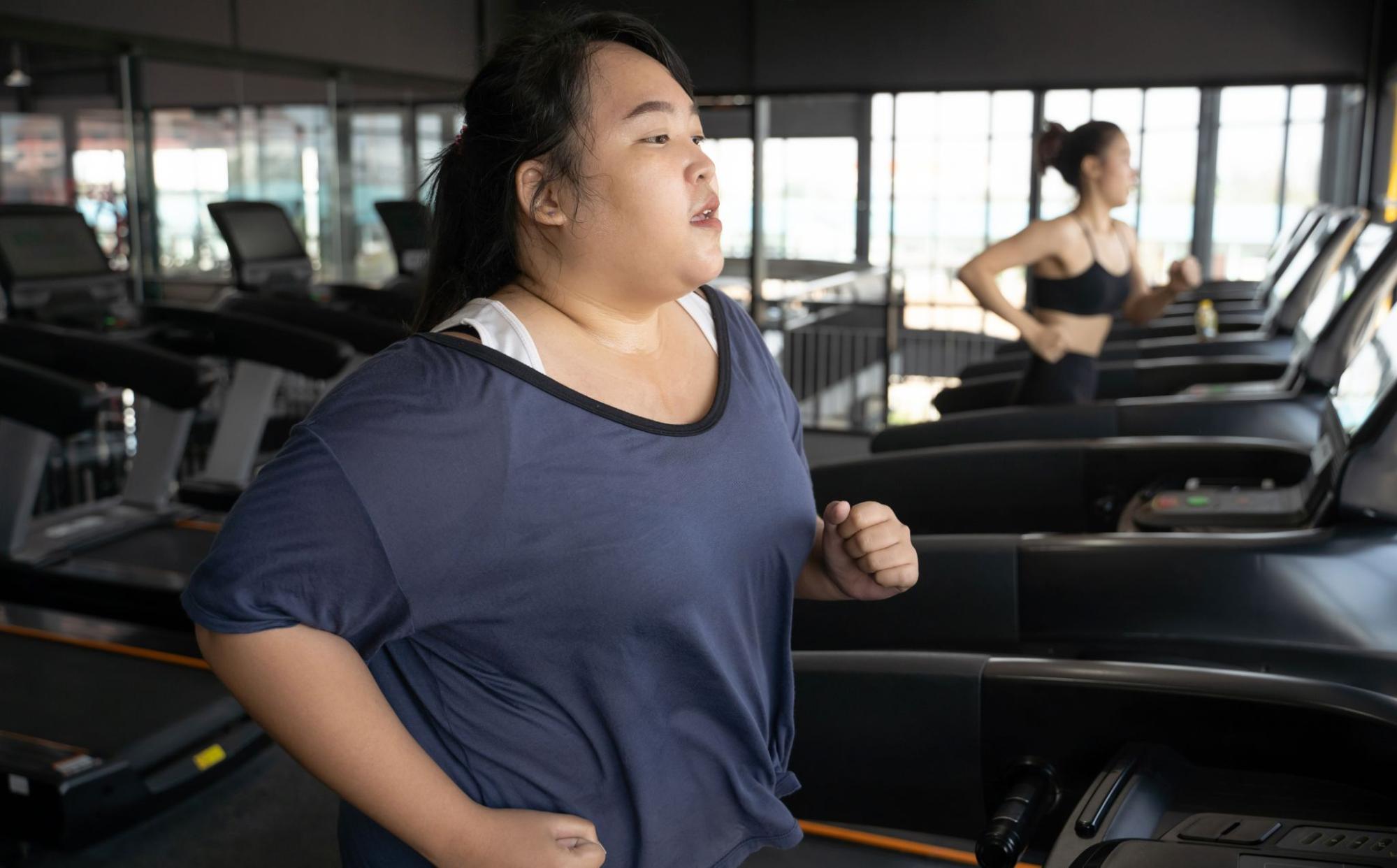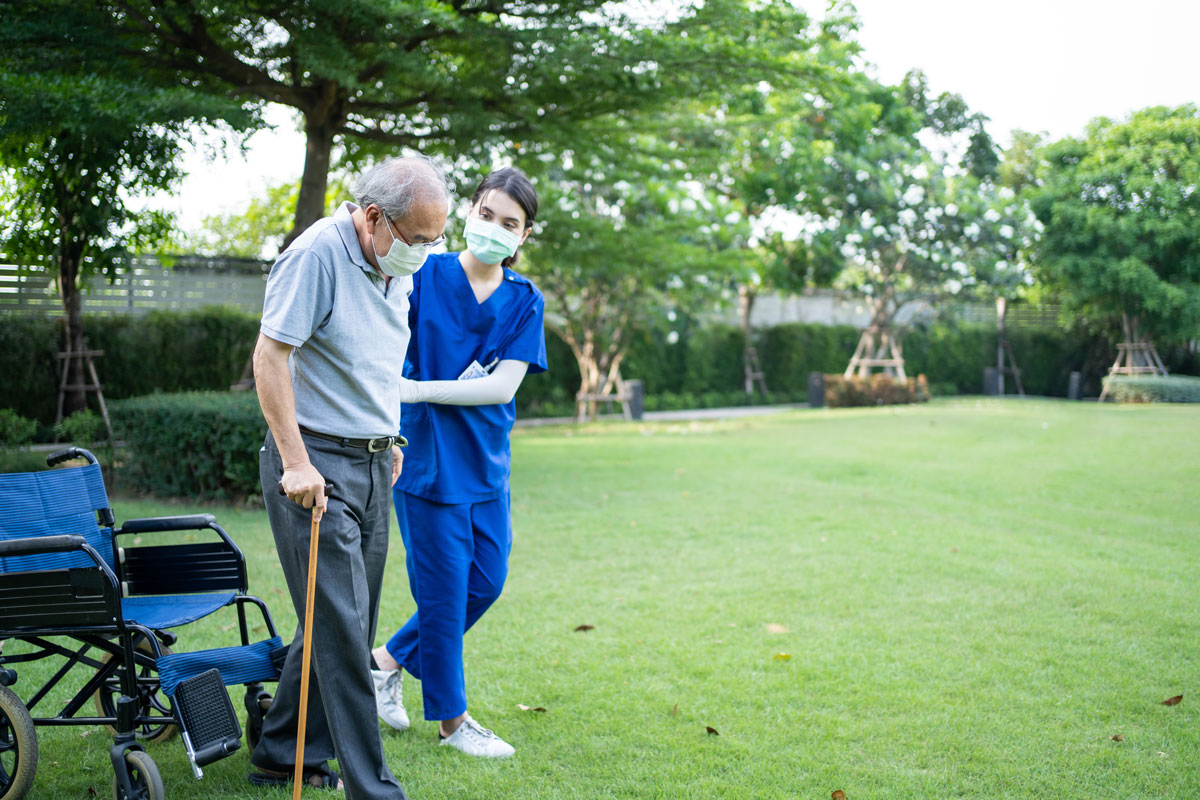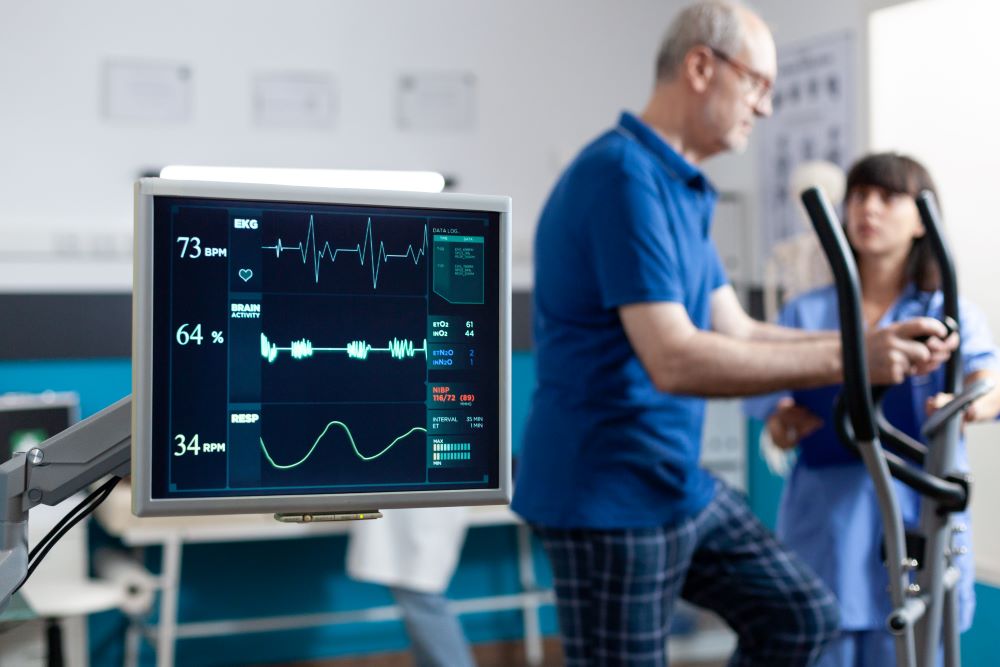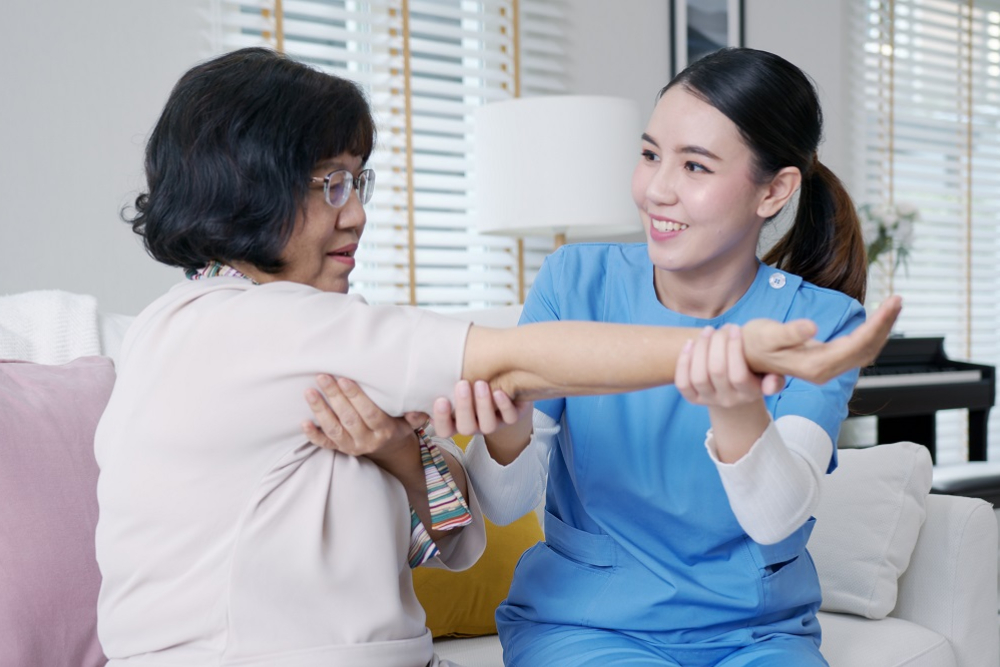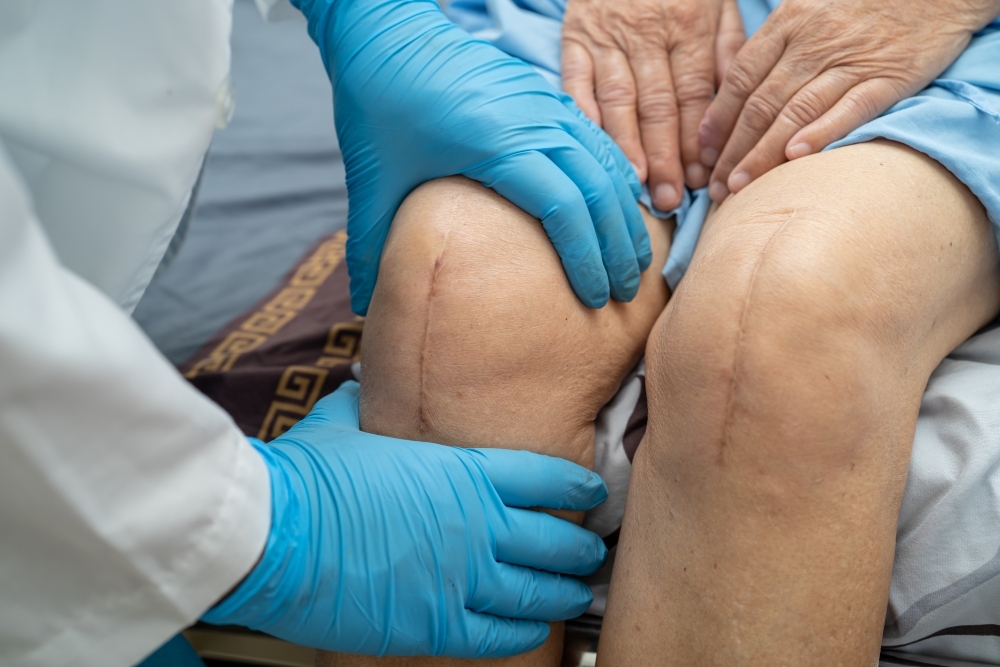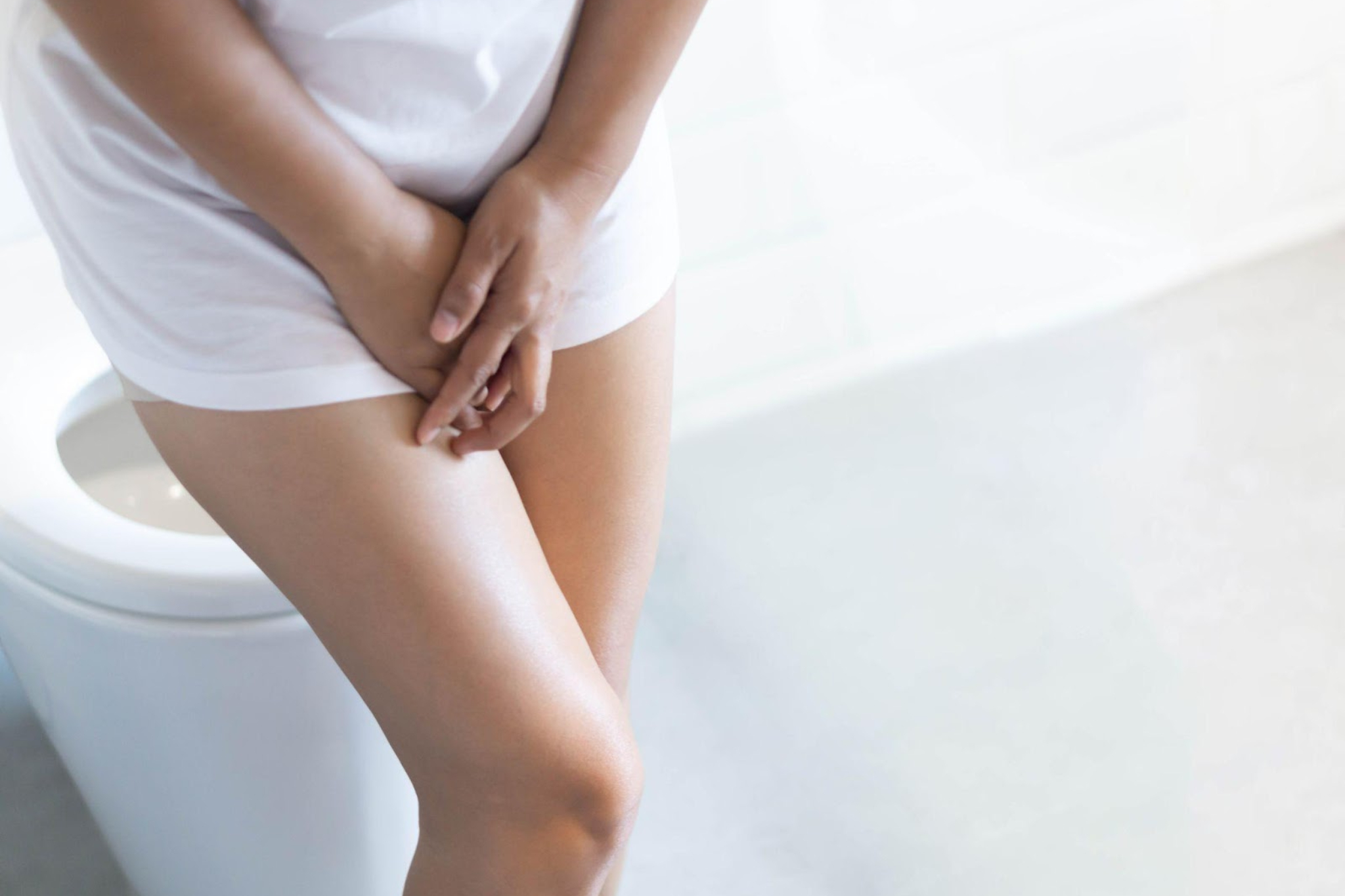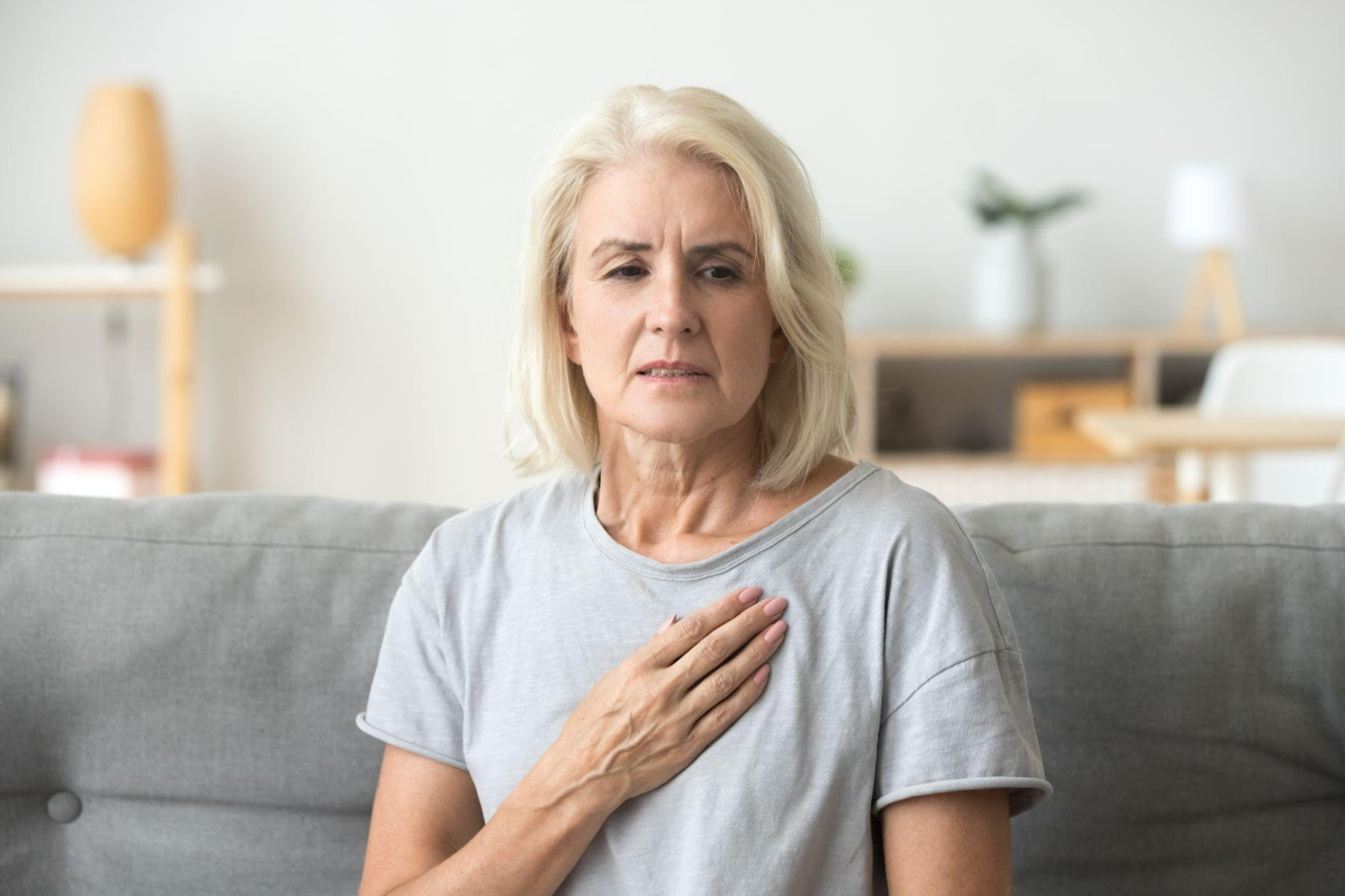The Importance of Prehabilitation Before Any Surgery
Preoperative conditioning or Prehabilitation, is a program that helps to prepare patients for surgery. The intervention of prehabilitation may include physical exercises, advice on your diet as well as mental well being and it certainly plays an important role in predicting or determining the postoperative outcome. Pre-operative fitness is an established predictor of postoperative morbidity and mortality. Exercise prehabilitation is challenging to implement however due to the short duration for
Why Consider a Cardiac Rehabilitation Programme?
Heart disease is one of the leading causes for hospitalisation and death all over the world and accounts for nearly one out of three deaths in Singapore. If you or your loved ones have had a heart attack, heart bypass surgery, or a procedure to open blocked arteries, your cardiologist may have recommended a cardiac rehabilitation programme. You must be wondering, should I seek expert medical help? Or can I
Cardiac Rehabilitation: How to Resume Exercising after a Heart Attack
Acute Myocardial Infarction or AMI (also known as heart attack) is a life-threatening medical condition that occurs when the blood supply to the heart muscle is suddenly cut off. This can happen due to a buildup of plaque (a substance mostly made of fat, cholesterol, and cellular waste products) in the arteries, or due to a blood clot that forms in one of the arteries. According to the Singapore Myocardial
What The Journey To Recovery Looks Like After A Total Hip Replacement
Why may I benefit from Total Hip Replacement? The hip joint is often described as a ball-and-socket joint. This is because the femoral head of the hip joint is shaped like a ball, whereas the acetabulum acts as a socket. Joint issues develop when the head of the thigh bone (femur) and its socket lose their protective cartilage due to degenerative changes (osteoarthritis), injury or other types of inflammatory arthritis such
Introducing Cardiopulmonary Expertise in Rapid Physiocare – What is Cardiopulmonary Physiotherapy?
Cardiopulmonary physiotherapy is a sub-specialty that specialises in treating patients who suffer from cardiopulmonary disorders, such as conditions pertaining to their circulatory (e.g. heart) and respiratory systems. Additionally, cardiopulmonary physiotherapy can also effectively manage the potential worsening of any medical condition that may cause the accumulation of secretion in the lungs, breathlessness, persistent coughing, and damage to the functions of the heart and lungs. Conditions such as fall into this category include:
Cardiac Rehab: How The Four Phases Help Your Recovery
Cardiac rehab is a medically supervised program designed to improve your cardiovascular health after you suffer from a heart issue from a surgery. It requires team effort including prescribed exercise training, risk modification, education on heart health, diet and nutrition counselling as well as psychosocial support. Once a cardiac event happens, the route to recovery can be a test of patience and a draining process. To support you and your loved
Total Knee Replacement: All You Need to Know
What is knee osteoarthritis? Osteoarthritis, also known as “wear and tear” arthritis, is a common problem for many people after they reach middle age. A healthy knee bends and straightens because of smooth, slippery tissue called articular cartilage. The cartilage covers, protects and cushions the ends of leg bones that form your knee. Osteoarthritis causes the cartilage to wear away. It causes pain and stiffness, resulting in difficulty in carrying out daily activities
Say Goodbye to Female Urinary Incontinence With Physiotherapy
Involuntary leakage of urine – that is what incontinence boils down to. Urinary incontinence affects millions of women, fueling anxiety in all kinds of day-to-day situations – even a light sneeze, a burst of laughter, or a workout at the gym can prompt unexpected leakage of urine. It can be embarrassing in certain situations but in fact, this is a common condition that many may experience. Research has shown that
Managing Carpal Tunnel Syndrome with Physiotherapy in Singapore
COVID-19 has laid the foundation for a new norm: social distancing, mask on at all times, increased hygiene routines, hand sanitising, and perhaps the biggest adaptation of all, working from home (WFH). There is no doubt that the WFH arrangements pose plenty of perks, safe distancing and less commuting stress. While these new changes have been graciously welcomed, many have learned that WFH brings several downsides, namely aches and pains.
The Role of Physiotherapy in Chronic Disease Management
Through the years, the prevalence of chronic disease has skyrocketed, placing greater demands and pressure on global healthcare systems in terms of health care costs and the leading causes of death and disability. Globally, approximately one in three adults suffer from chronic conditions or is at risk of developing them. Having to live with these debilitating diseases not only affects one’s quality of life, but it also takes a toll






